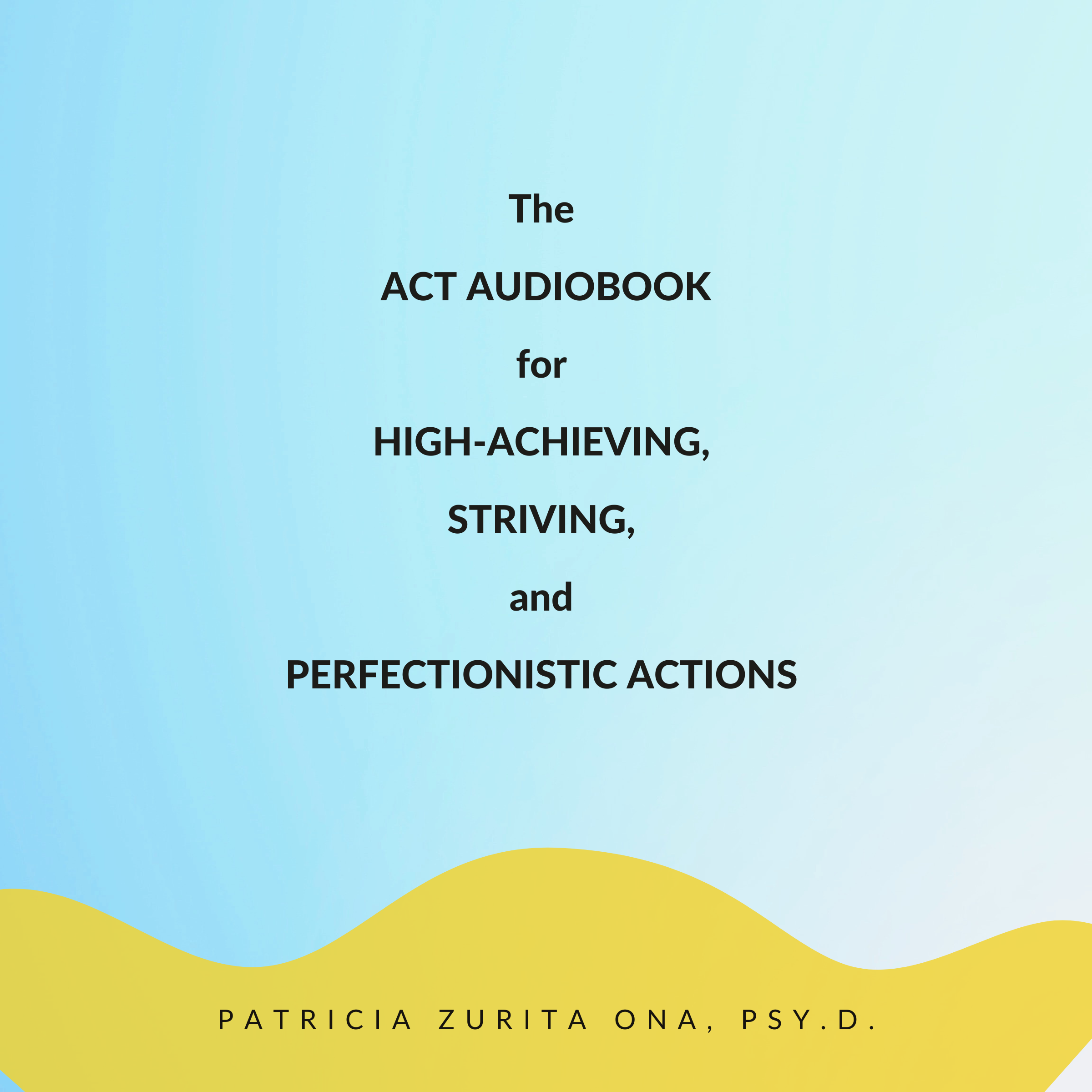Table of Contents
Key Takeaways
This is part 2 of my conversation with Dr. Matthew McKay, Ph.D. In part 1, we discussed the foundations of how Dr. McKay thinks of process-based therapy. Today, we discuss, in particular, different mechanisms of actions:
- What is attentional training
- How to look at your values when getting stressed
- How to practice acceptance
- How to handle uncertainty
- How reassurance seeking shows up in our day-to-day life
About Matthew
Dr. Matthew McKay, Ph.D., cofounder of New Harbinger Publications, joins us to talk about evidence-based resources and the ever-changing landscape of therapy. Matthew is a professor at the Wright Institute in Berkeley, CA. He has authored and co-authored numerous books, including The Relaxation and Stress Reduction Workbook, The Dialectical Behavior Therapy Skills Workbook, Self-Esteem, and Couple Skills, which have sold more than four million copies combined. He received his Ph.D. in clinical psychology from the California School of Professional Psychology and specializes in the cognitive behavioral treatment of anxiety and depression.

Resources
Dr. McKay’s Books:
- Healing Emotional Pain Workbook: Process-Based CBT Tools for Moving Beyond Sadness, Fear, Worry, and Shame to Discover Peace and Resilience
- The Relaxation & Stress Reduction Workbook
- Self-Esteem: A Proven Program of Cognitive Techniques for Assessing, Improving, and Maintaining Your Self-Esteem
- The Interpersonal Problems Workbook: ACT to End Painful Relationship Patterns










